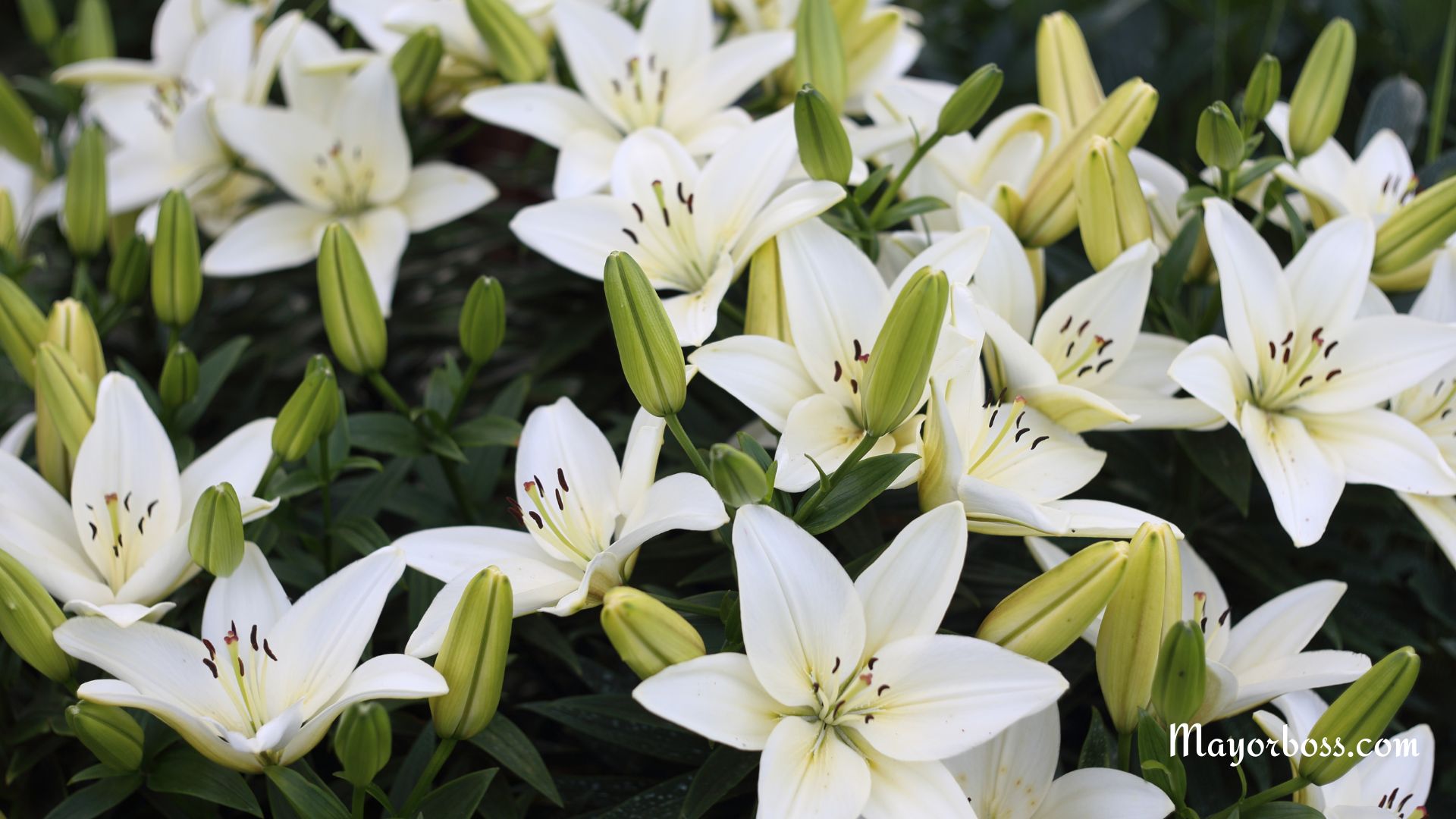Allergy to Lilies: Symptoms, Causes, and Treatment
Lilies are popular flowers known for their beauty and fragrance. However, for some individuals, these elegant blooms can trigger allergic reactions. If you’ve ever experienced discomfort or symptoms after being around lilies, you might be allergic to them. Let’s dive into what this allergy entails, its symptoms, its causes, and how you can effectively manage it.

What Causes Lily Allergy?
Lily allergy is typically caused by pollen from the flower, which contains allergens. When these allergens come into contact with your nose, eyes, or skin, they can trigger an allergic reaction. It’s important to note that not everyone who has allergies will be allergic to lilies. Those with a predisposition to allergies, especially to other types of pollen, are more likely to react to lilies.
Common Symptoms
The symptoms of a lily allergy can vary from mild to severe and may include:
- Nasal Symptoms include sneezing, runny or stuffy nose, and sinus pressure.
- Eye Symptoms: Itchy, red, or watery eyes.
- Skin Reactions: Itchy skin or rashes, especially if the pollen comes into direct contact with your skin.
- Respiratory Issues: In some cases, difficulty breathing or asthma-like symptoms can occur, particularly in those with pre-existing respiratory conditions.
Managing Lily Allergy
The most effective way to manage a lily allergy is to avoid the allergen. This means staying away from places where lilies are present, such as gardens, floral shops, or events where lilies are used in decorations.
Medical Treatment
If you’re unable to avoid exposure or if your symptoms are severe, medical treatment may be necessary. This could include:
- Antihistamines: Over-the-counter or prescription antihistamines can help alleviate symptoms like sneezing and itchy eyes.
- Nasal Sprays: Steroid nasal sprays can reduce inflammation in your nasal passages.
- Eye Drops: Antihistamine eye drops can relieve itchy and watery eyes.
- Skin Creams: Hydrocortisone cream can help relieve skin itchiness.
Allergy Shots
In some cases, allergy shots (immunotherapy) might be recommended. This treatment involves regular injections of small amounts of allergens, with the aim of building up your tolerance to them over time.
Home Remedies
Some people find relief through home remedies, such as:
- Saline Nasal Rinse: Using a saline solution to rinse the nasal passages can help clear out pollen.
- Cool Compresses: Applying cool compresses to itchy eyes or skin can provide temporary relief.
When to See a Doctor
If you’re experiencing severe symptoms or if over-the-counter medications aren’t providing relief, it’s important to consult with a healthcare provider. This is particularly crucial if you have asthma or other respiratory conditions, as lily allergies can exacerbate these issues.
Prevention Tips
To minimize your exposure to lily pollen:
- Choose Hypoallergenic Flowers: Opt for flowers that are less likely to cause allergic reactions, such as roses, peonies, or snapdragons.
- Air Purifiers: Use air purifiers with HEPA filters in your home to capture pollen particles.
- Keep Windows Closed: During peak pollen seasons, keep your windows closed to prevent pollen from entering your home.
